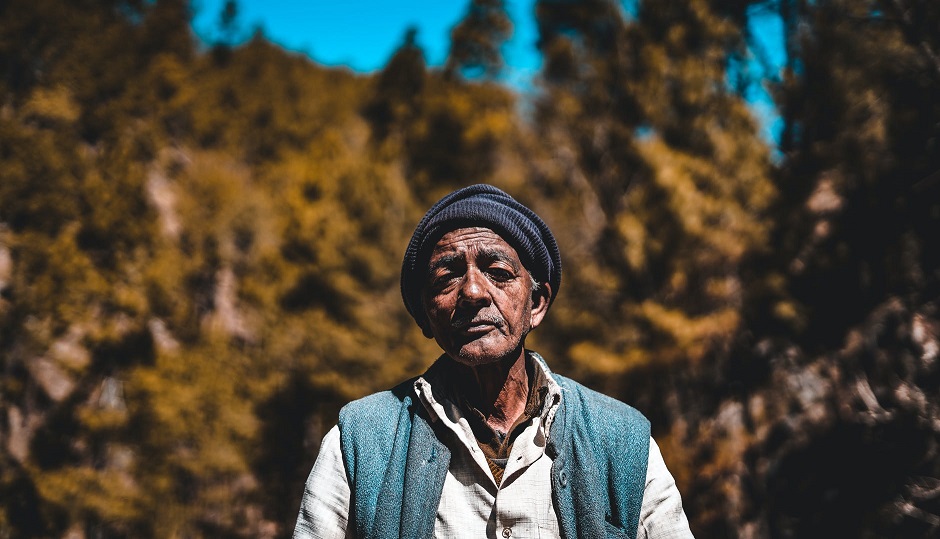
The Coronavirus pandemic has not left any age group unscathed. But while its repercussions had been practically on all areas of human existence, the crisis specifically highlighted the need to provide a constructive solution to the daily challenges faced by our elderly population.
As India drives its research to unlock the senior care market, I bring to you the second sector of the Series, the elderly. Now before we get into the details of how this age group is grappling and fighting against this deadly virus, it’s highly important to know how does India and the rest of the world define the very term.
The definition of an elderly person varies across countries. While in most developed countries an adult of age 65 years and above is considered elderly, the threshold is 60 and above for Nepal. The discourse around Coronavirus among the elderly is primarily due to decreased immunity and co-existence of co-morbidities.
According to the data of the Centre for Disease Control in the United States, approximately 25 percent deaths in India have constituted the fifty-five and above age group. The worrying factor is that their mortality and morbidity are not dependent solely on the direct effects of the virus, but also on measures like social distancing, travel restrictions, and self-isolation that have a disproportionate effect on healthcare access.
Although asking this very age group to self-isolate counts as the most effective coronavirus prevention techniques, but issues related to physical living arrangements could make social distancing difficult in this country. Presently around 87 percent of the elderly population in India live with their children which unambiguously loops in the high risk of contracting the infection. Living with an extended family may allow the elderly to access healthcare services, but also leaves them vulnerable to abuse and mistreatment. On the other hand, loneliness looms on the other 17 million who do not reside with their extended family. Grappling with food accessibility, water, and basic services adds to the already existing pain.
A recent online survey done by the NGO Agewell Foundation have reported scary revelations of around 71% of the correspondents reporting increase in elder abuse; the most common ways being disrespect, verbal abuse, silent treatment, ignoring their daily needs, denying proper food and medical support, financial cheating and forcing them to work.
Internet connectivity continues to play a pivotal role when it comes to navigating social distancing restrictions and maintaining healthcare access and important information. Only 7 percent of the elderly possess smartphones in this country coupled with the literacy rate being low within this very segment which further limits access to technology and crucial health-related information.
Data has also hinted at the mismanagement of communicable diseases that are leading to adults getting psychologically affected or depressed. Since outpatient treatment of almost all major non-communicable diseases has been terribly affected due to the COVID-19 pandemic, medical check-ups have become very rare which would undoubtedly show up in the mortality and morbidity rates among the aged.
To add to the dismay, the uncertain nature of economic work of the elderly and decreased or inadequate salaries implies that more than 80 percent people in the workforce are in some way or the other, dependent. The government, in its first COVID relief package, had announced a one-off payment of thousand rupees and an increase in the pension for senior citizens as well as widows. Sadly, the amount of elderly population that this package would cater to would only be 20 percent. There were zilch relief packages announced in the second wave so far.
It has been starkly observed that the COVID-19 pandemic has led to the creation of a negative atmosphere around this age group who are also being termed as a soft target of this deadly virus. As a consequence, older people are not only facing social restrictions but also family negligence and avoidance. The very fact of them not being able to go on long walks and discuss their worries with friends or relatives has affected their mental health adversely.
A more inclusive and holistic care approach is needed for the elderly as the present systems of care have practically been failing not only in India but across the world. Healthcare schemes like the Ayushman Bharat should roll out special provisions for the elderly. Mobile home-based healthcare check-ups should be fixed for this age group. India, we need to stand up in support of the same.
[The article was originally published on ScrollStack]
Bidisha Bhattacharya works ScrollStack. Prior to
this she was a Consultant to the Fifteenth Finance Commission, Government of India and has worked as a Political Researcher in Prashant Kishor’s Strategic Research and Insights (SRI) team at I-PAC.